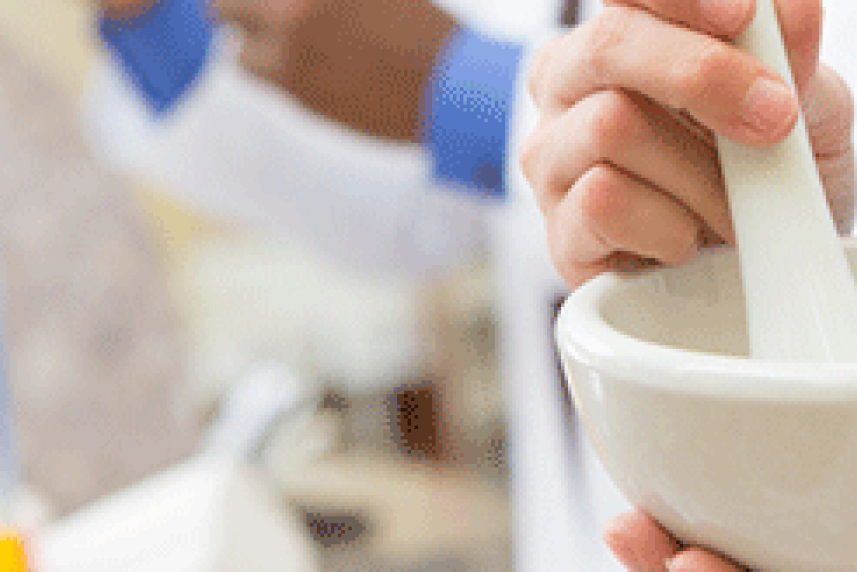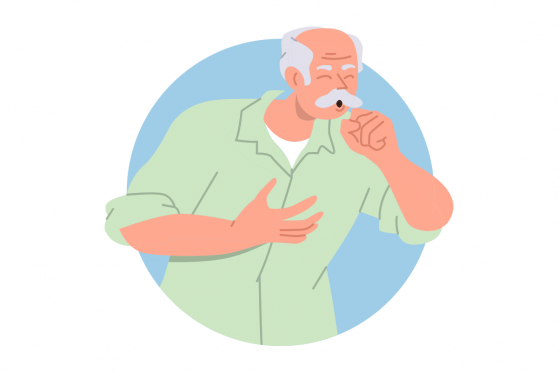What Are Compounding Pharmacies?
Many people have heard the term "compounding pharmacies", find out what they are

When the doctor writes a prescription, you expect to take it and get better. But what if the medication gave you a life-threatening disease instead? In 2012, some patients who were given steroid shots meant to relieve back pain were infected with fungal meningitis. A Centers for Disease Control and Preventions investigation found that the patients had been infected by contaminated steroid injections produced at a compounding pharmacy in Massachusetts.
The medical saga captured America’s attention—and raised questions about compounding pharmacies. Here, we take a deeper look at this little-known aspect of the pharmaceutical world and give you tips on how to stay safe.
Who Makes Your Meds?
Brand-name pharmaceutical manufacturers undergo strict Food and Drug Administration (FDA) certification to ensure that their products are safe for use. Once a drug is approved and an initial time window has passed, generic drug manufacturers and compounding pharmacies can manufacture the drug with slight modifications to the original “recipe.” For hospitals and consumers, the advantage is that drugs from generic manufacturers and compounding pharmacies are often less expensive than brand-name drugs. One big difference: Generic drug manufacturers, like brand-name drug makers, fall under FDA oversight—but compounding pharmacies do not. It’s up to state and local governments to regulate sterility and safe practices in compounding pharmacies, and the FDA often has trouble intervening in these activities.
What is Compounding?
To understand compounding pharmacies, it’s important to understand why “compounding” exists in the first place. Most drugs are composed of active ingredients, which treat the medical problem or alleviate symptoms, and inactive ingredients, such as the coating on the pill or the preservatives that keep the pill intact. Compounding is simply the process of creating the drug from active and inactive ingredients.
Before the advent of major pharmaceutical companies, compounding was an important function of neighborhood compounding pharmacies, since they were able to mix drugs on-site for individual patients. Today, compounding is still a key component for pharmacists, and all pharmacists undergo basic compounding education. In New York, “when pharmacists get their license, it’s a three-part exam, and one of those parts is compounding,” says Selig Corman, RPh, a pharmacist based in New York City. Compounding is intended for occasions when “the commercial product available might not be suitable for the individual,” he says. For example, a pharmacist might need to compound a drug tailored to pediatric and elderly patients or for people with certain allergies.
What Went Wrong with the Steroid Shots?
The problem with compounding isn’t the act of compounding itself—it appears to be who is doing it and how so. “What happened in Massachusetts was a disaster, and it should never have happened. The pharmacy was engaged in activity that they were not approved [for], and they were bulk manufacturing. They put together thousands of ampules,” of the steroid shots, Corman says. "That’s not compounding—that’s manufacturing."
So, What Can You Do?
Protect yourself by getting your meds from one pharmacy and maintaining a good relationship with your pharmacist, Corman says. If you have multiple prescriptions from different doctors, a pharmacist who manages all the prescriptions can stop you from taking a potentially harmful combination of drugs and even help you avoid side effects.



